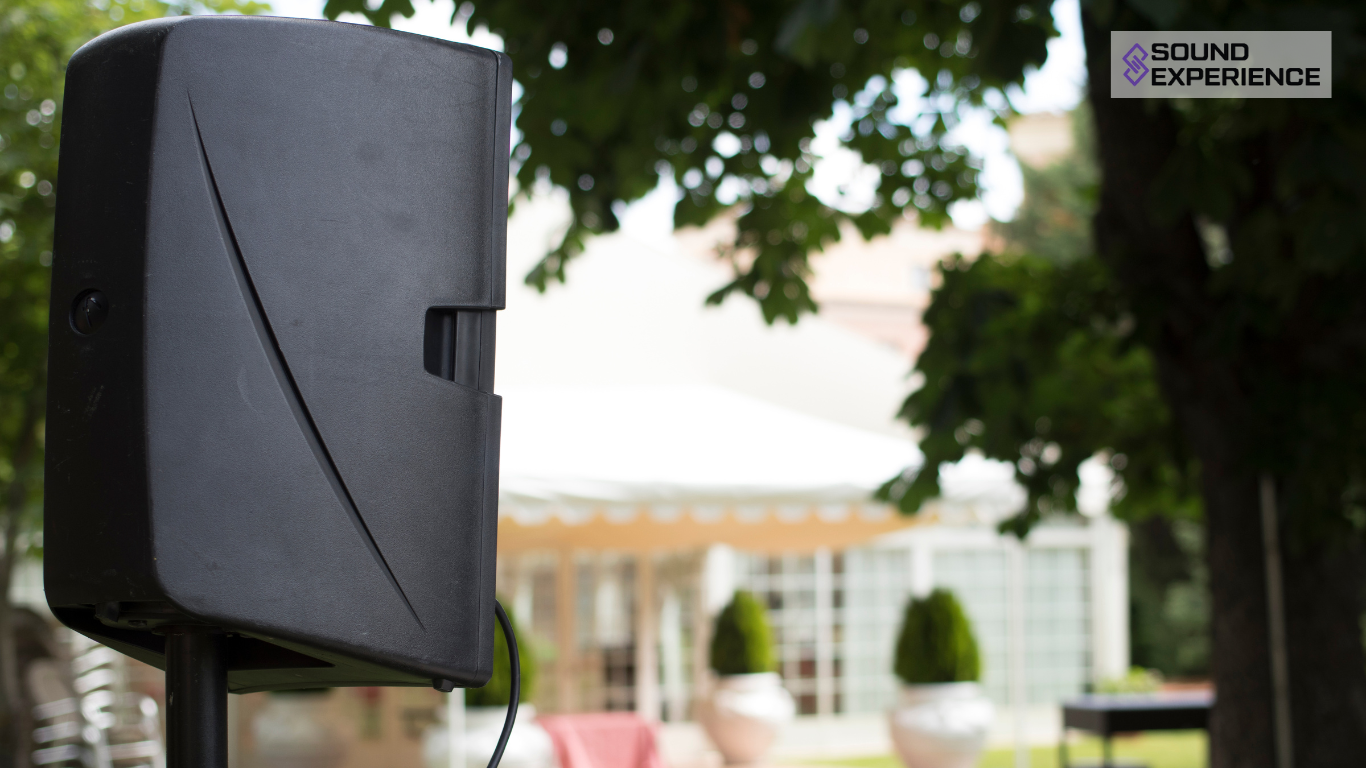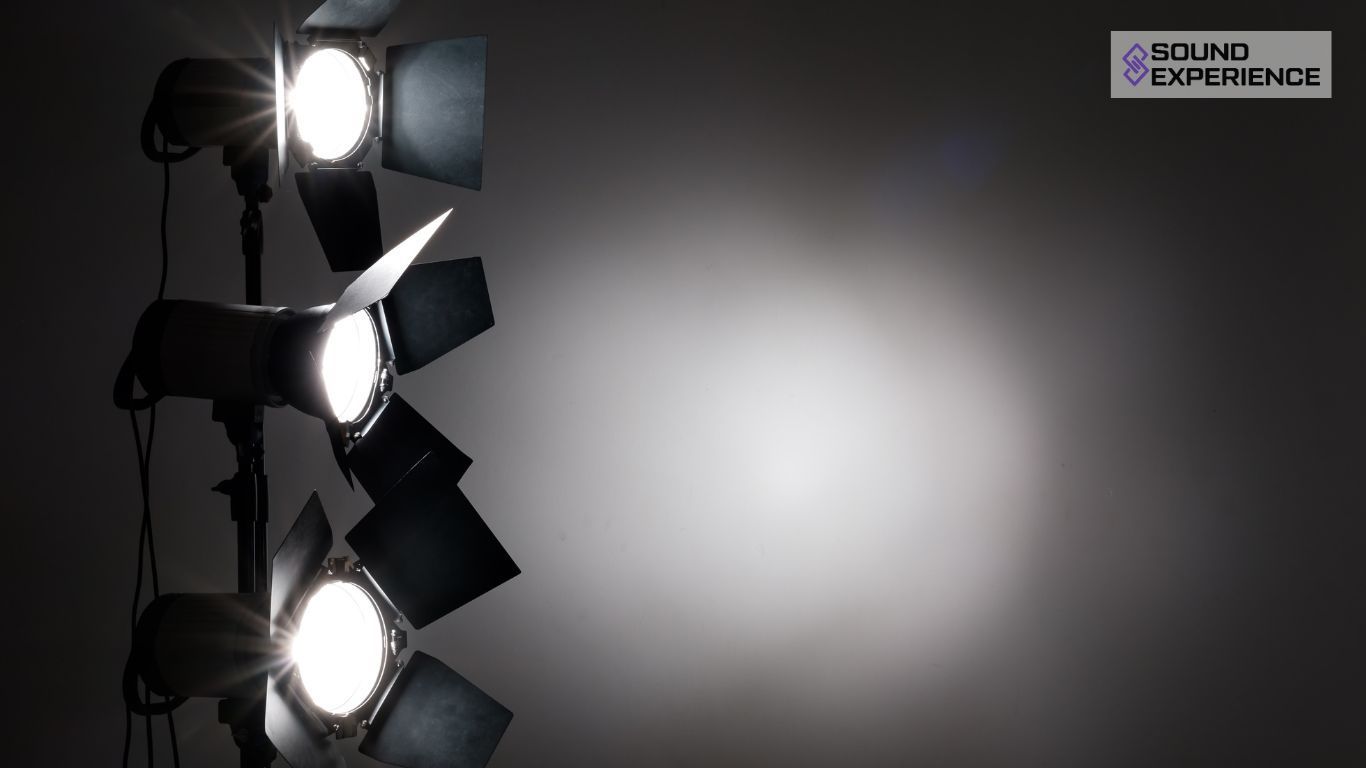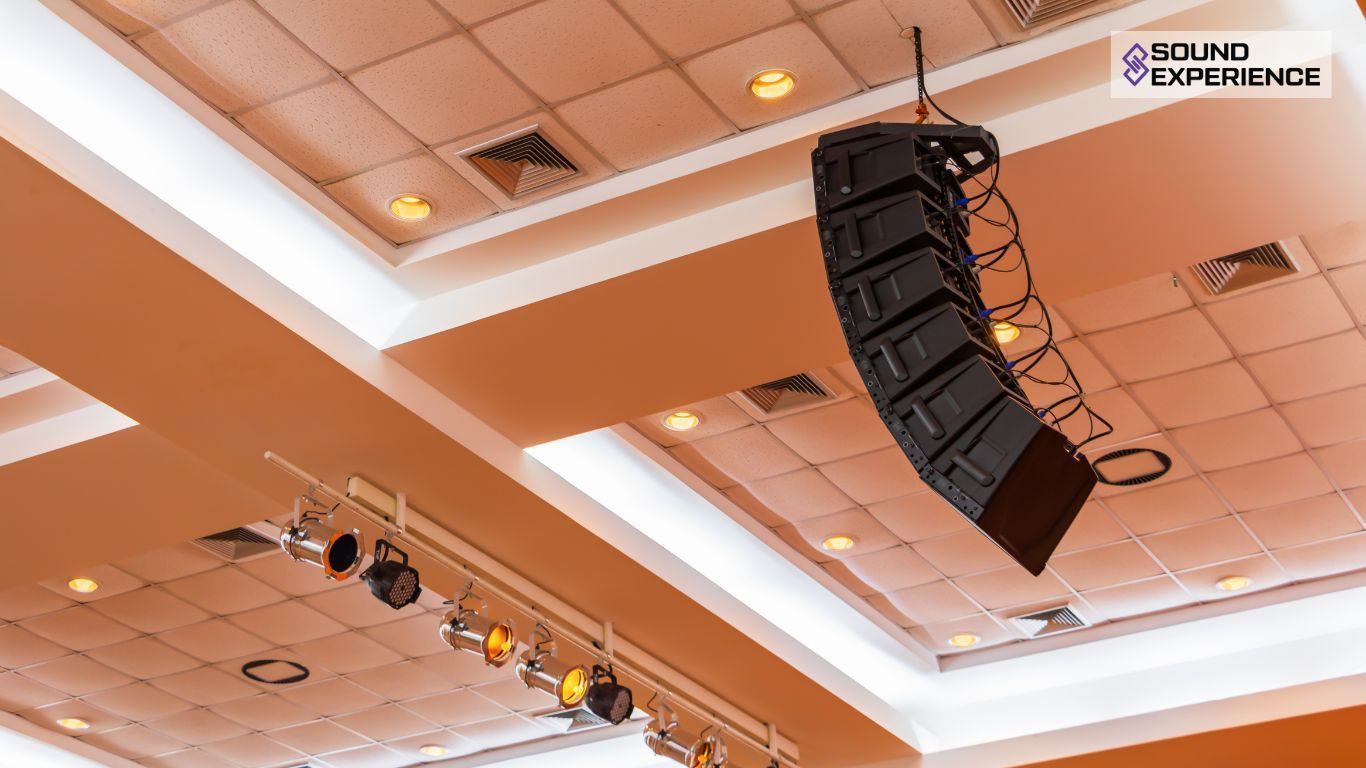How to Achieve Crystal-Clear Sound with DJ Speaker Hire in Armadale
For any event in Armadale requiring a DJ, the quality of the sound is paramount. Whether you're hosting a birthday bash, a corporate function, or a community event, achieving crystal-clear sound can make or break the atmosphere. At Sound Experience, an established audio-visual production house and venue installation services company right here in Armadale, we understand the nuances of sound optimisation. This article will guide you through the process of ensuring your DJ speaker hire delivers the best possible audio experience.

Understanding Your Venue's Acoustics
Before even considering speaker hire, it's crucial to assess the acoustics of your venue. Different spaces react to sound in unique ways. A large, open hall will require a different setup compared to a smaller, more intimate room.
- Room Size and Shape: Larger spaces may require more powerful speakers and strategically placed subwoofers to ensure even sound distribution. Irregularly shaped rooms can create echo and dead spots, necessitating careful speaker placement and potentially acoustic treatment.
- Surface Materials: Hard surfaces like concrete and glass reflect sound, leading to reverberation. Soft surfaces like carpets and curtains absorb sound, which can dampen the audio. Consider the materials present in your venue and how they might affect sound propagation.
- Ambient Noise: Factor in potential ambient noise from nearby traffic, air conditioning, or crowds. This will influence the required volume and speaker sensitivity.
Choosing the Right DJ Speakers
Selecting the appropriate speakers is fundamental to achieving crystal-clear sound. Here's what to consider:
- Speaker Type: Active (powered) speakers have built-in amplifiers, simplifying setup and often offering better sound quality. Passive speakers require external amplifiers, providing greater customisation but demanding more technical expertise.
- Power Rating (Watts): The power rating indicates the speaker's output capacity. Higher wattage generally means louder sound, but it's essential to match the power to the venue size and desired volume.
- Frequency Response: This specifies the range of frequencies a speaker can reproduce. A wider frequency response ensures a more complete and balanced sound. Look for speakers with a good low-end response for impactful bass.
- Speaker Size and Configuration: Consider the size of the speakers and the configuration (e.g., two-way, three-way). Larger speakers typically produce deeper bass, while three-way systems offer enhanced clarity across the frequency range.
- Brand Reputation and Quality: Opt for reputable brands known for producing high-quality speakers. Sound Experience, for example, prioritises reliable and professional-grade equipment.
Optimising Speaker Placement and Setup
Even the best speakers will sound subpar if poorly placed. Here are essential setup considerations:
- Speaker Height: Position speakers at ear level for optimal sound projection. This minimises sound absorption by furniture and other obstacles.
- Speaker Spacing: Space speakers evenly to create a balanced stereo image. Avoid placing them too close together, which can lead to a narrow soundstage.
- Avoid Obstructions: Ensure speakers are not blocked by furniture, curtains, or other objects. This will prevent sound absorption and maintain clarity.
- Use Speaker Stands: Speaker stands provide stability and allow for precise height and angle adjustments. This is crucial for directing sound towards the audience.
- Cable Management: Proper cable management minimises signal interference and ensures a clean, professional setup. Use high-quality cables and avoid running them near power sources.
Fine-Tuning the Sound with Equalisation and Processing
Achieving crystal-clear sound requires more than just placing speakers. It involves fine-tuning the audio signal.
- Equalisation (EQ): Use an equaliser to adjust the balance of frequencies. This can help correct for room acoustics and enhance specific frequency ranges.
- Compression: Compression reduces the dynamic range of the audio signal, making quieter sounds louder and louder sounds quieter. This can help maintain a consistent volume level.
- Limiting: Limiting prevents the audio signal from exceeding a certain level, protecting speakers from damage and preventing distortion.
- Reverb and Delay: Use reverb and delay sparingly to add depth and ambience to the sound. Overuse can muddy the mix and reduce clarity.
- Feedback Control: Feedback occurs when sound from the speakers is picked up by the microphone, creating a loop. Use feedback suppressors or carefully adjust microphone and speaker placement.
The Importance of Professional Assistance
While these tips provide a solid foundation, achieving truly crystal-clear sound often requires professional expertise. At Sound Experience in Armadale, we offer comprehensive DJ speaker hire services, including:
- Consultation and Venue Assessment: We'll assess your venue's acoustics and recommend the appropriate speaker setup.
- High-Quality Equipment: We provide a wide range of professional-grade speakers and audio-visual equipment.
- Expert Setup and Calibration: Our experienced technicians will handle the setup and calibration of your sound system, ensuring optimal performance.
- On-Site Support: We offer on-site support to address any technical issues that may arise during your event.
- Venue Installation Services: We can install permanent audio systems for venues, clubs, and function centres throughout Armadale.
Practise and Preparation
Before your event, it's essential to practise with the sound system. This allows you to:
- Test Sound Levels: Ensure the volume is appropriate for the venue and audience.
- Check for Feedback: Identify and address any potential feedback issues.
- Fine-Tune EQ and Processing: Adjust the sound to your liking.
- Familiarise Yourself with the Equipment: Ensure you understand how to operate the sound system.
By following these guidelines and leveraging the expertise of Sound Experience in Armadale, you can achieve crystal-clear sound for your next event. Remember, excellent audio is not an afterthought; it's a critical component of a successful and memorable occasion.
Blog
Let’s Talk
Do you have a venue that needs sound and lighting, or an event that needs staging, truss, lighting, audio, DJ equipment?
Do you want to purchase equipment or simply hire it to take away yourself to use at home or at your own event?
Get in touch and let's put together a best-fit solution for you today - no commitment - we are happy to give advice and get the ball rolling...
ENQUIRE NOW
Contact Us
We will get back to you as soon as possible
Please try again later
Focused on excellent service and tailored solutions, Sound Experience is your one-stop-shop for audio visual production and installation.
SERVICES
JOIN OUR MAILING LIST
Join the Newsletter
We will get back to you as soon as possible
Please try again later
Sound Experience. All Rights Reserved | Terms & Conditions | Privacy Policy | Website by Octopus Digital


